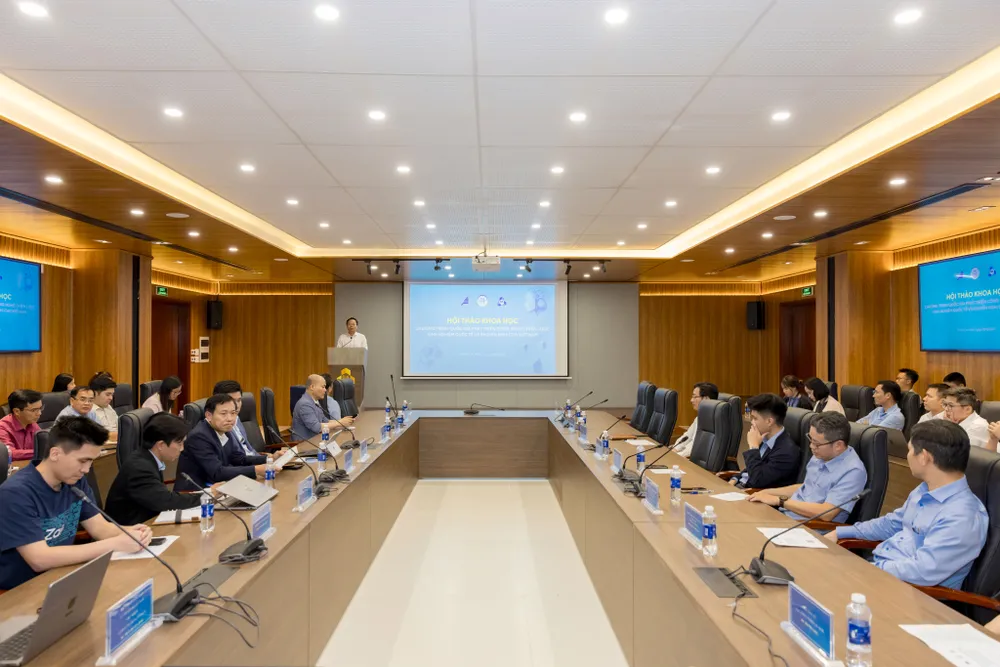
On the afternoon of November 28, in Ho Chi Minh City, the Ministry of Science and Technology, in collaboration with Ho Chi Minh City National University and Ho Chi Minh City University of Technology (VNU-HCM), organized a scientific workshop on "National Program for Strategic Technology Development - International Experience and Recommendations for Vietnam".
The content of the workshop revolved around the development of long-term strategies, associated with effective and synchronous implementation between the State, institutes - schools, and enterprises. In the context of the world entering a technological innovation cycle at an unprecedented speed, mastering core technology is becoming a decisive condition for each country's competitiveness, ensuring security, economy , and national defense.
Speaking at the opening of the workshop, Mr. Hoang Anh Tu, Deputy Director of the Department of Science, Technology and Technology (Ministry of Science and Technology) cited Resolution No. 57-NQ/TW on the development of science, technology and innovation until 2030 and pointed out that the biggest bottleneck of Vietnam is not yet mastering core technology and strategic technology. He said that the Ministry is submitting to the Prime Minister for promulgation the National Science, Technology and Innovation Program to develop strategic technology products with priority for immediate implementation, including 11 technology groups and 35 product groups.
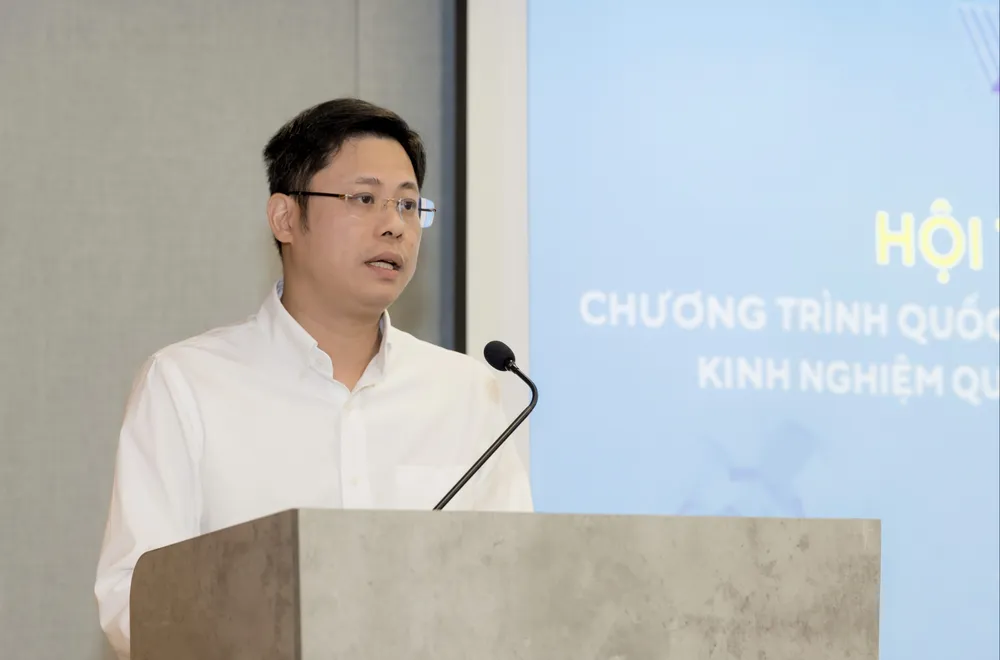
“The goal by 2030 is to master at least 60% of core technology, achieve a localization rate of 60%, and at the same time affirm that enterprises and institutes and schools play a decisive role in the capacity to absorb, develop and master technology,” Mr. Tu emphasized.
Regarding the implementation orientation, Mr. Hoang Anh Tu emphasized 6 strategic technology groups that are prioritized for immediate deployment, including: Large language models and Vietnamese virtual assistants, AI cameras for edge processing, autonomous mobile robots, 5G-5G Advanced network equipment, blockchain infrastructure and application layers, and UAVs. These are fundamental technology groups that shape national competitiveness and the ability to participate deeply in the global value chain.
Prof. Dr. Mai Thanh Phong, Rector of Ho Chi Minh City University of Technology, expressed his hope for the specific programs and policies that will be implemented soon. At the same time, he affirmed the readiness of the team of scientists and lecturers to accompany the State to realize Resolution No. 57-NQ/TW.

From a business perspective, MSc. Phan Van Han, Director of the Global Service Support Center, CT Group, shared about the dual growth strategy of Unmanned Aerial Vehicles (UAV). He said that key components such as control chips, identification modules, data transmission systems, distance lasers, etc. are all areas that Vietnam needs to proactively develop if it wants to form a domestic UAV supply chain.
Regarding blockchain infrastructure, Mr. Phan Duc Trung, Chairman of the Vietnam Blockchain and Digital Assets Association, said that Vietnam's inclusion of "blockchain infrastructure and application layers" in the list of strategic technology products is an appropriate step to build a digital economy based on authentic, transparent data and real-time monitoring capabilities, while emphasizing the need for accompanying institutional development to ensure the market is both innovative and compliant.
According to experts, the consensus from the ecosystem of the State, institutes, universities, and enterprises in forming strategic industries and other foundational technologies is opening up prospects for Vietnam to narrow the technology gap. In addition, it also creates breakthroughs in a number of key areas, contributing to realizing the goal of becoming a high-income developed country by 2045.
Source: https://www.sggp.org.vn/phat-trien-6-nhom-cong-nghe-chien-luoc-de-nang-cao-nang-luc-canh-tranh-quoc-gia-post826030.html








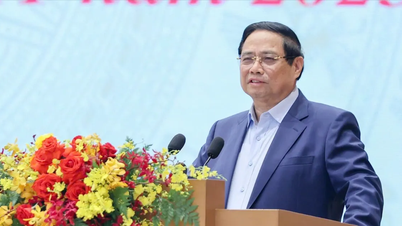
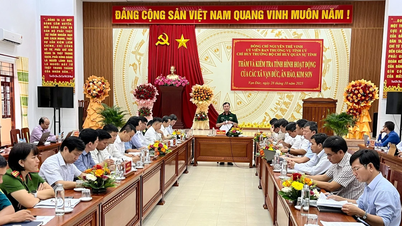

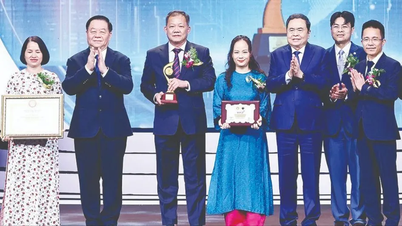
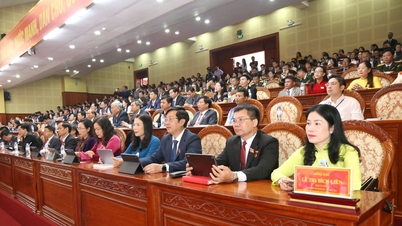

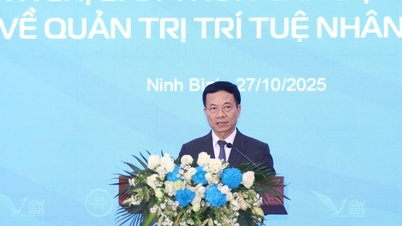






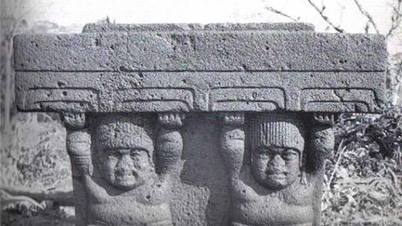
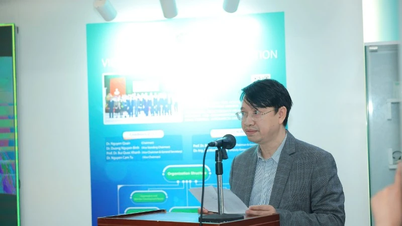
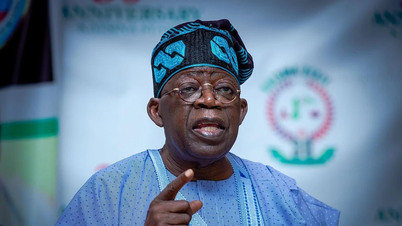





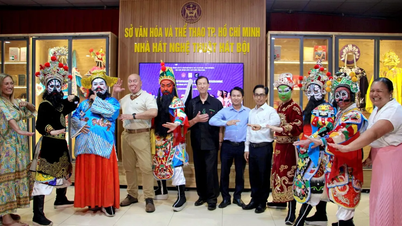


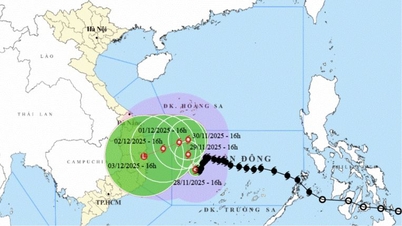





















































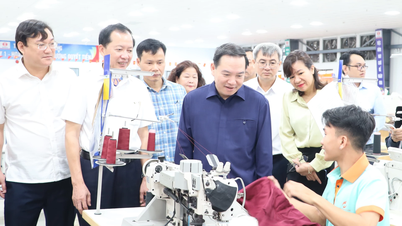

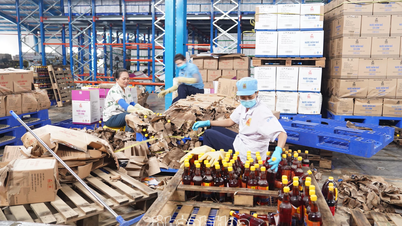


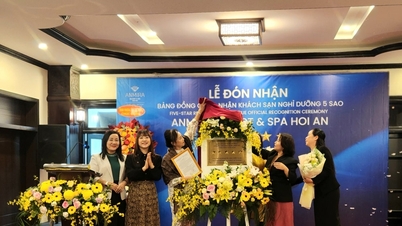
















Comment (0)